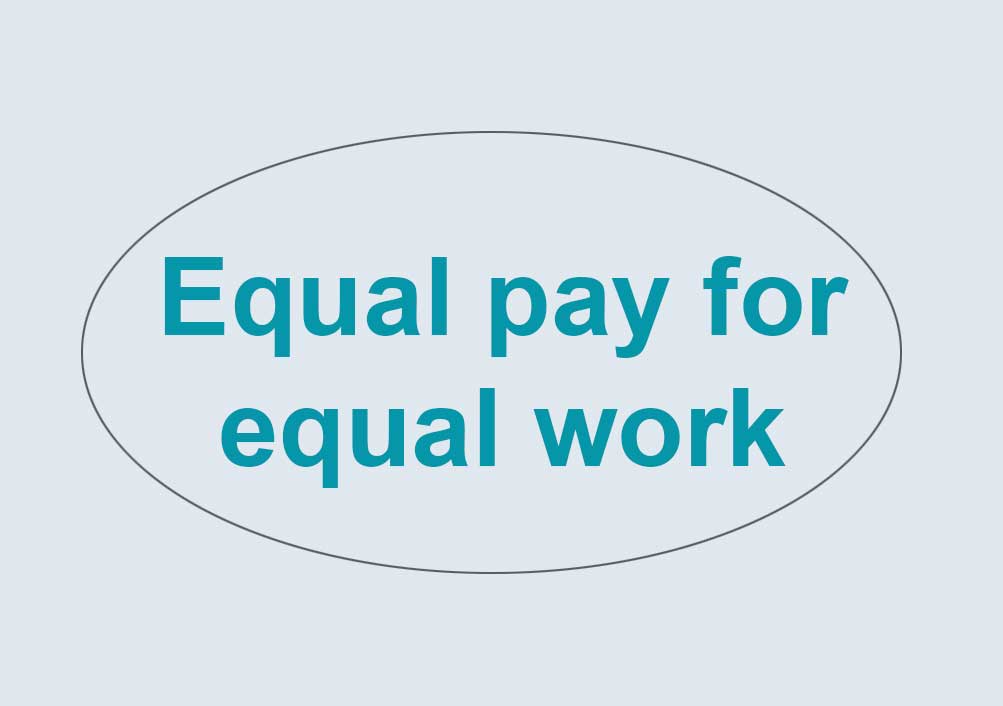In Civil Appeal No.1661 of 2020-SC- Sec.48 of Gujarat VAT Act not inconsistent with Sec.53 of IBC; Adjudicating Authority can reject Resolution Plan which ignores statutory demands payable to any State Govt: SC
Justices Indira Banerjee & A.S.Bopanna [06-09-2022]

Read Judgment: STATE TAX OFFICER (1) Vs. RAINBOW PAPERS LIMITED
Tulip Kanth
New Delhi, September 7, 2022: Stating that the NCLAT clearly erred in its observation that Section 53 of the IBC overrides Section 48 of the Gujarat VAT Act, the Supreme Court has clarified that if a company is unable to pay its debts, which should include its statutory dues to the Government or other authorities and there is no plan which contemplates dissipation of those debts in a phased manner, the company would necessarily have to be liquidated and its assets sold and distributed in the manner stipulated in Sec. 53.
Setting aside the Resolution Plan in question, the Division Bench of Justice Indira Banerjee and Justice A.S.Bopanna affirmed, “ Section 48 of the GVAT Act is not contrary to or inconsistent with Section 53 or any other provisions of the IBC. Under Section 53(1)(b)(ii), the debts owed to a secured creditor, which would include the State under the GVAT Act, are to rank equally with other specified debts including debts on account of workmans dues for a period of 24 months preceding the liquidation commencement date.”
This matter revolved around the respondent-company, which had been engaged in the business of manufacture and sale of Crafts and Oars within and outside the State of Gujarat. An amount of over Rs 53 crore was due from the Respondent to the Sales Tax authorities towards CST and VAT.
In 2016, recovery proceedings were initiated against the respondent, in respect of its dues for the year 2011- 2012, and the appellant attached the respondent’s property situated at Rajpur. One Neeraj Papers Private Limited, as operational creditor of the respondent, filed Company Petition under Section 9 of the IBC for initiation of the Corporate Insolvency Resolution Process (CIRP) against the respondent and the same was admitted.
The appellant-State Tax Officer, filed a claim claiming that approximately Rs 47.36 crore was due and payable by the respondent to the appellant, towards its dues under the GVAT Act. Later, the Resolution Professional informed the appellant that the entire claim of the appellant had been waived off. The order of the RP was conveyed to the appellant.
When the appellant challenged the Resolution Plan before the NCLT, contending that Government dues could not be waived off, the Tribunal rejected the same. The appeal had been dismissed by the NCLAT. Thus, these appeals were filed u/s 62 of the Insolvency and Bankruptcy Code, 2016, against this judgment of the NCLAT holding that the Government couldnot claim first charge over the property of the Corporate Debtor, as Section 48 of the Gujarat Value Added Tax, 2003, which provides for first charge on the property of a dealer in respect of any amount payable by the dealer under the said GVAT Act, cannot prevail over Section 53 of the IBC.
As per the Bench, a resolution plan which does not meet the requirements of Section 30(2) of the IBC, would be invalid and not binding on the Central Government, any State Government or other creditor to whom a debt in respect of dues arising under any law for the time being in force is owed. Such a resolution plan would not bind the State when there are outstanding statutory dues of a Corporate Debtor.
The Bench made it clear that if the Resolution Plan ignores the statutory demands payable to any State Government or a legal authority, altogether, the Adjudicating Authority is bound to reject the Resolution Plan.Not only this but the Bench also opined that the Committee of Creditors, which might include financial institutions and other financial creditors, cannot secure their own dues at the cost of statutory dues owed to any Government or Governmental Authority or for that matter, any other dues.
Holding the State to be a secured creditor under the GVAT Act, the Bench mentioned that the definition of secured creditor in the IBC does not exclude any Government or Governmental Authority. Keeping such observations into consideration, the Bench concluded the matter by saying that the NCLAT and the NCLT erred in law in rejecting the application/appeal of the appellant.
Thus, allowing the appeal and setting aside the Resolution plan approved by the CoC, the Bench held that the Resolution Professional may consider a fresh Resolution Plan and this judgment would not prevent the Resolution Applicant from submitting a plan in the light of the aforementioned observations, making provisions for the dues of the statutory creditors like the appellant.
Sign up for our weekly newsletter to stay up to date on our product, events featured blog, special offer and all of the exciting things that take place here at Legitquest.




Add a Comment